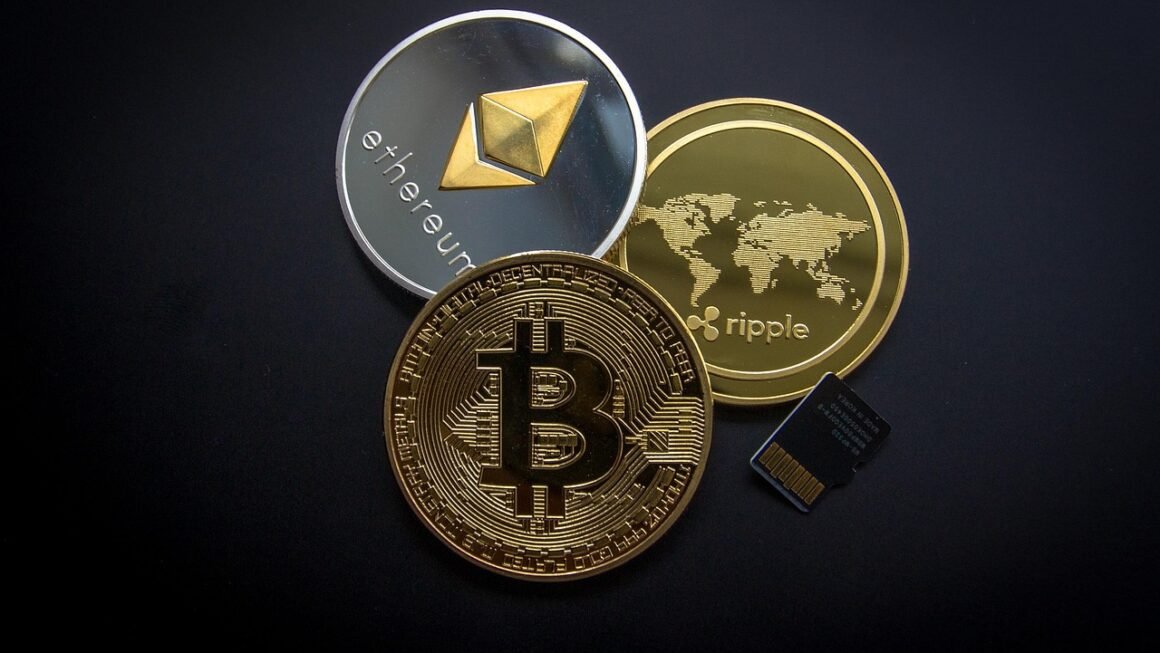Privacy Coins: Enhancing Cryptographic Anonymity
In the digital realm, privacy is becoming increasingly crucial. Cryptocurrencies have emerged as a potential solution to preserve anonymity in financial transactions, and privacy coins are at the forefront of this movement. This post explores the fundamentals of privacy coins, their key features, benefits, and potential drawbacks.
Understanding Privacy Coins
Privacy coins are cryptocurrencies that prioritize user anonymity and privacy. They employ advanced cryptographic techniques to obscure transaction details, such as sender, recipient, and transaction amount. Unlike traditional cryptocurrencies like Bitcoin, privacy coins enable users to conceal sensitive financial information.
Key Features of Privacy Coins
- Cryptography: Privacy coins leverage cryptographic algorithms like Zero-Knowledge Proofs (ZKPs) and Ring Signatures to hide transaction data.
- Anonymity sets: Transactions are mixed among a large group of participants, making it difficult to trace individual transactions.
- Shielded transactions: Some privacy coins offer shielded transactions, which further enhance anonymity by obscuring the transaction amount.
Benefits of Privacy Coins
- Enhanced privacy: Privacy coins provide a level of anonymity that is not available in traditional cryptocurrencies or fiat transactions.
- Protection from surveillance: Governments and corporations can track and monitor transactions on transparent blockchains. Privacy coins mitigate this by concealing transaction details.
- Financial freedom: Privacy coins empower individuals to control their financial data and protect it from potential misuse or discrimination.
Drawbacks of Privacy Coins
- Illicit activities: Privacy coins can facilitate illegal activities such as money laundering and tax evasion, as they make tracing transactions more challenging.
- Regulatory concerns: Law enforcement agencies and governments may be hesitant to embrace privacy coins due to their potential for enabling illicit activities.
- Limited usability: Privacy coins may not be as widely accepted as traditional cryptocurrencies, which can limit their practical use cases.
Practical Use Cases for Privacy Coins
- Protecting personal information: Individuals concerned about data breaches and surveillance can use privacy coins to keep their financial transactions private.
- Sensitive transactions: Privacy coins can be beneficial for transactions involving whistleblower payments, medical expenses, or vulnerable populations.
- Cross-border payments: Privacy coins enable faster and cheaper cross-border payments without revealing personal or account information.
Conclusion
Privacy coins are a significant innovation in the cryptocurrency landscape. They offer enhanced anonymity and privacy, empowering users to control their financial data and protect it from potential misuse. While concerns about illicit activities and regulatory hurdles exist, privacy coins continue to gain attention and adoption among those seeking greater financial privacy and autonomy. As the digital world evolves, the quest for privacy in financial transactions will likely continue to drive the development and use of privacy-enhancing technologies like privacy coins.



